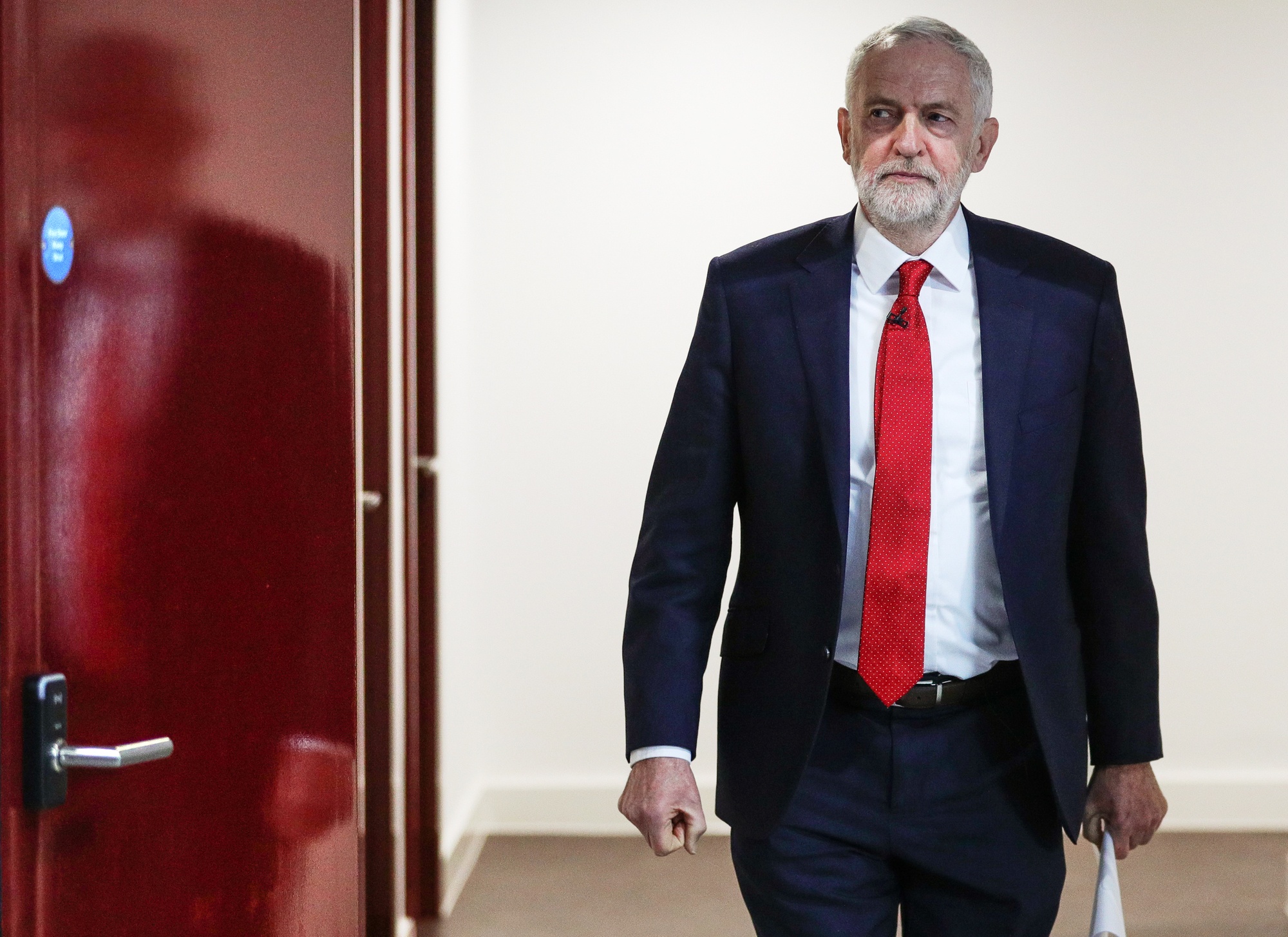The beginning of the end of the Prague Spring (Credit: PA)
“Then the idiot who praises, with enthusiastic tone,
All centuries but this, and every country but his own…”
Koko (“I’ve got a little list”), The Mikado
Why did the story of Labour’s Jeremy Corbyn and the Czech spy gain so little traction? Is it because, as UnHerd’s editor Tim Montgomerie believes, a critical percentage of younger people are basically relativists who see no absolute virtue in Britain? Do they believe the former Soviet Union, and for that matter Corbyn’s other interlocutors, the IRA, legitimately saw (and Communist recidivists still see) Britain as being just as badly flawed as all other nations?
Or is it a significant case of amnesia, perhaps even nescience?
No history, only “news”?
The median voter’s age at the last general election was 40; the Soviet Union was dissolved in December 1991, when the median voter was in his/her early teens. The Warsaw Pact – more correctly the Warsaw Treaty Organization of Friendship, Cooperation and Mutual Assistance – of which Czechoslovakia was a key member, melted away even earlier. Declared disbanded at a meeting of Pact foreign ministers in February 1991, in reality, it had ceased to be in December 1989 when the violent anti-Communist revolution in Romania – President Ceausescu and his wife summarily shot – passed without military intervention by other member states.
That was 28 years ago. The Warsaw Pact is “history”.
Besides, haven’t the relativists got a point: wasn’t the Pact formed (in 1955) only because Nato had admitted the newly independent Federal Republic of Germany?
That is how a narrow chronologist might see it: post hoc ergo propter hoc1. However, in 1955, the USSR was the occupying power in several Eastern Bloc countries still. Moscow wanted to maintain control over their military forces and of those of countries they had occupied in 1945 but subsequently withdrawn from under the Yalta agreement with the former Western Allies (having first made sure there was a Moscow-oriented Communist government in place) – notably Czechoslovakia.
Czechoslovakia was indeed a key Eastern Bloc country. It shared a long border with the German Democratic Republic (DDR) and Poland, and like the DDR it was on the frontline with the Federal Republic of Germany. If it ever came to war with Nato, the Soviet-equipped Czechoslovak army and air force would have a key role. Moscow’s influence in Prague was therefore of the essence.

 Main Edition
Main Edition US
US FR
FR








Join the discussion
Join like minded readers that support our journalism by becoming a paid subscriber
To join the discussion in the comments, become a paid subscriber.
Join like minded readers that support our journalism, read unlimited articles and enjoy other subscriber-only benefits.
Subscribe